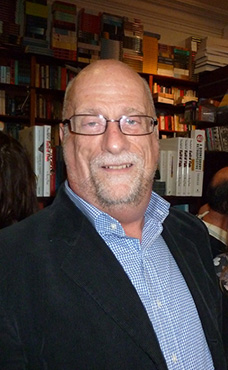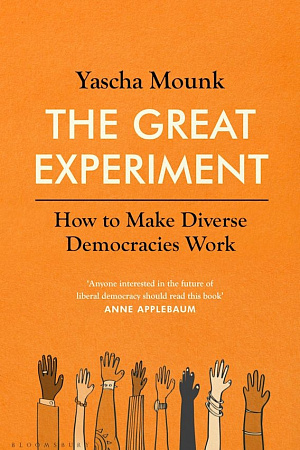The Politics of Prisoner Abuse: The United States and Enemy Prisoners after 9/11
Cambridge University Press, $34.95 pb, 331 pp, 9780521181105
The Politics of Prisoner Abuse: The United States and Enemy Prisoners after 9/11 by David P. Forsythe
JOAN If you tear me limb from limb until you separate my soul from my body you will get nothing out of me beyond what I have told you […] Besides, I cannot bear to be hurt; and if you hurt me I will say anything you like to stop the pain. But I will take it all back afterwards; so what is the use of it?
LADVENU There is much in that. We should proceed mercifully […]
THE INQUISITOR It must not be applied wantonly. If the accused will confess voluntarily, then its use cannot be justified.
COURCELLES But this is unusual and irregular. She refuses to take the oath.
LADVENU [disgusted] Do you want to torture the girl for the mere pleasure of it?
COURCELLES [bewildered] But it is not a pleasure. It is the law. It is customary. It is always done.
THE INQUISITOR That is not so, Master, except when the inquiries are carried on by people who do not know their legal business.
(George Bernard Shaw, St Joan, 1923)
Many of us would find it as hard as Shaw’s Ladvenu does to think of any good reason for torture. It seems medieval, it is abhorrent, it is internationally illegal, and it doesn’t work. Statements made under torture are legally useless, and their value as intelligence is not much better. Democratic governments achieve nothing by randomly capturing and detaining without trial people who are innocent or whose testimony is tainted by torture. Contracting torture out to co-opted dictatorships reduces the democracies that do it to their level. Insurgents who have recently overthrown Arab dictators will be wary of all their former friends. And people released from detention are less likely to forgive their torturers than to support terrorism against them. So why do it?
Continue reading for only $10 per month. Subscribe and gain full access to Australian Book Review. Already a subscriber? Sign in. If you need assistance, feel free to contact us.











Leave a comment
If you are an ABR subscriber, you will need to sign in to post a comment.
If you have forgotten your sign in details, or if you receive an error message when trying to submit your comment, please email your comment (and the name of the article to which it relates) to ABR Comments. We will review your comment and, subject to approval, we will post it under your name.
Please note that all comments must be approved by ABR and comply with our Terms & Conditions.